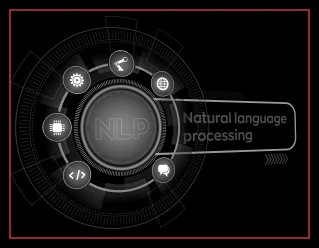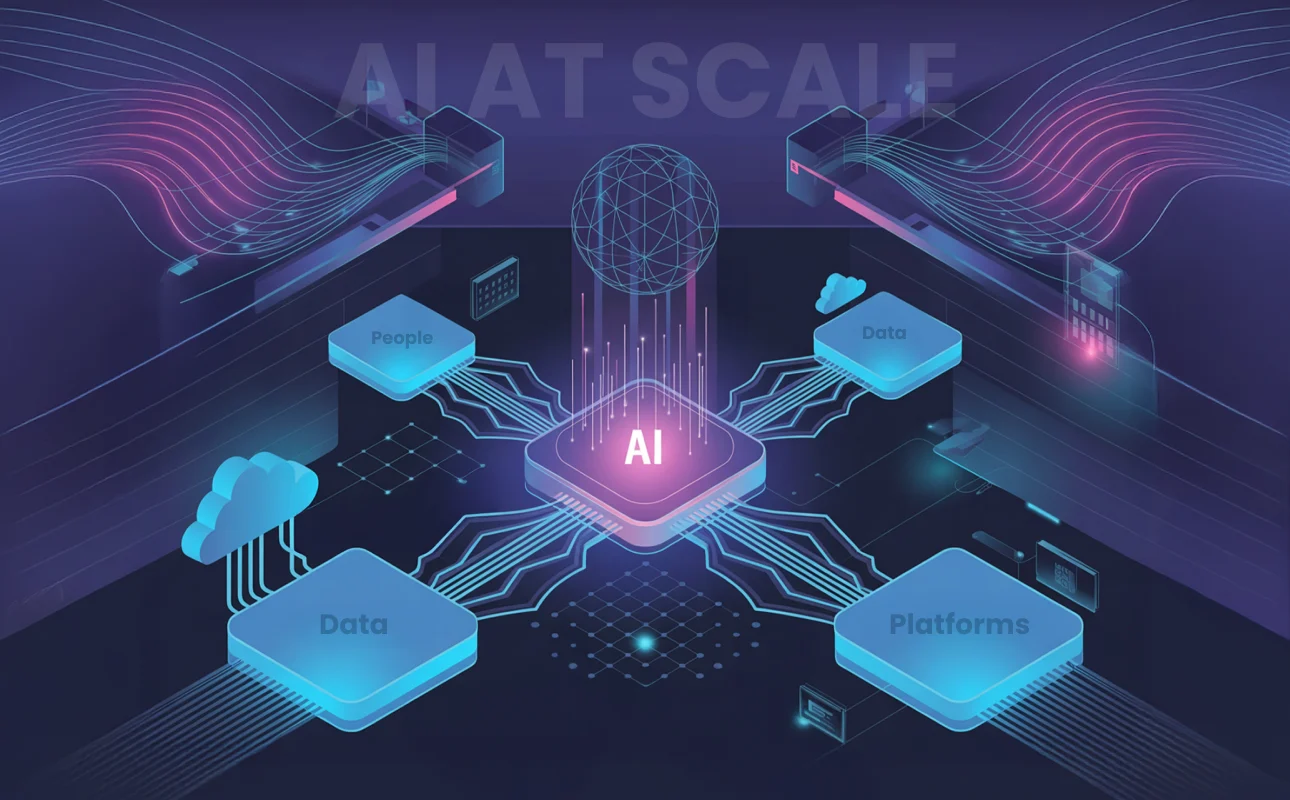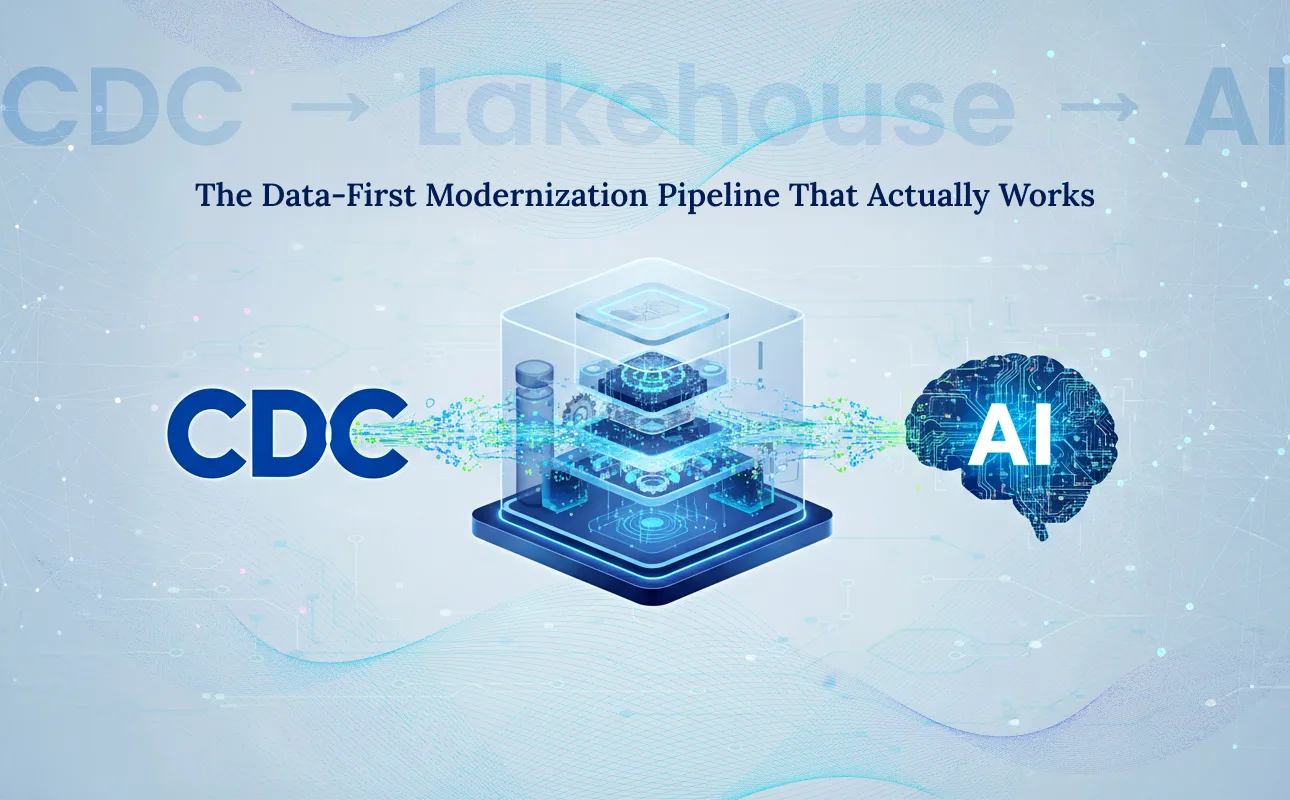Every time a business engages with a customer, it’s a chance to do something good. Innovative technologies like NLP can really help us make lasting connections. On the flip side, missing the mark can result in the loss of unimaginable business opportunities. It always feels awesome and incredible to get a personalized mention or a friendly greeting from a customer service agent. But let us be honest: waiting in long lines or having to explain the same problem repeatedly is tiring. Here’s where the advances in language processing are rewriting the playbook.
NLP, short for Natural Language Processing, is quietly fueling a revolution behind more intuitive, helpful, and even friendly customer support. This shift isn’t just about automating responses or cutting operational costs. It’s about helping brands actually listen, deeply understand, and respond to people not as tickets, but as humans. With innovative custom NLP development, companies are transcending traditional support to deliver assistance that’s faster, smarter, and feels remarkably personal.
Let’s enter the world of NLP and discover how this technology is transforming ordinary customer encounters into memorable brand experiences for people everywhere.


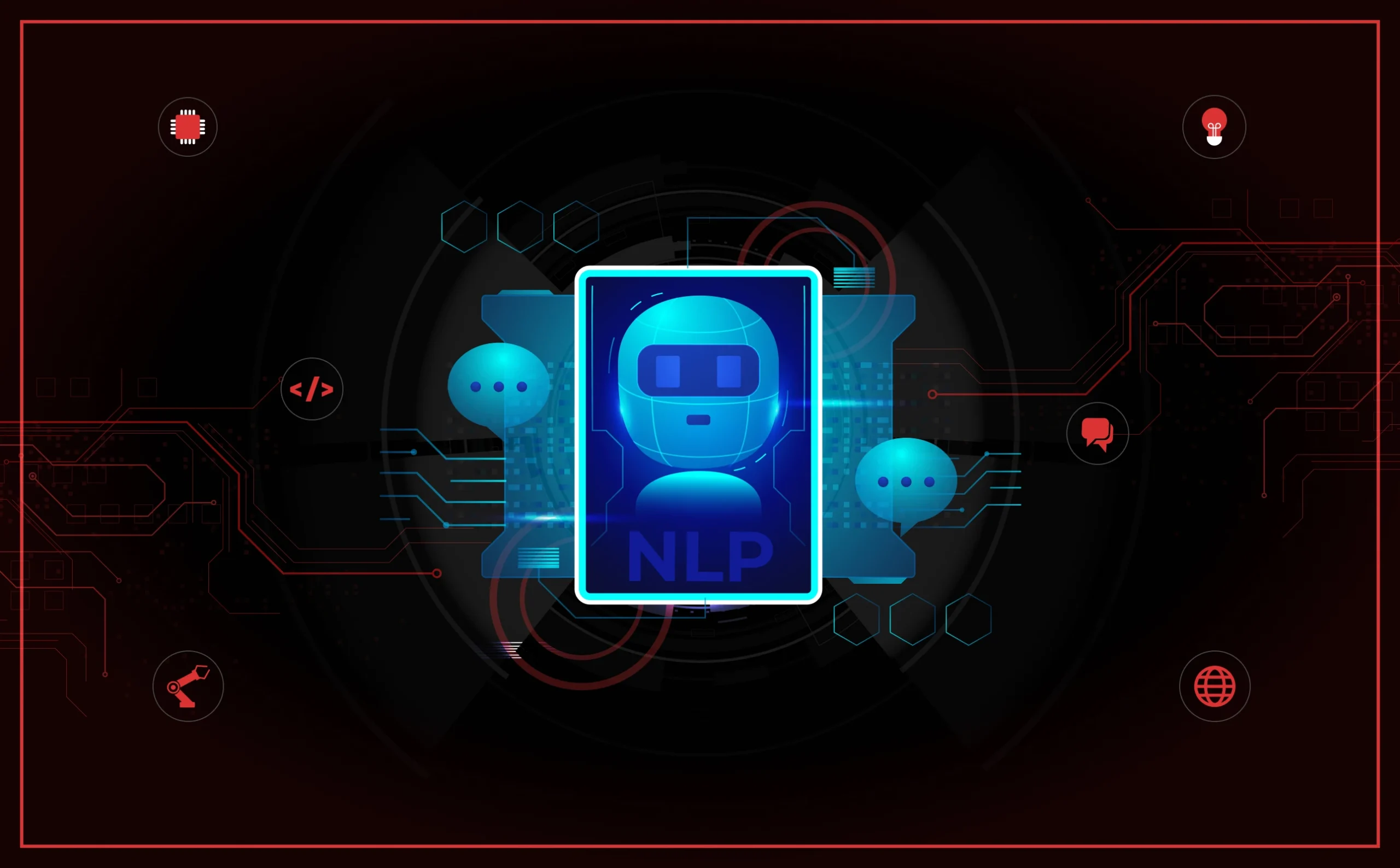

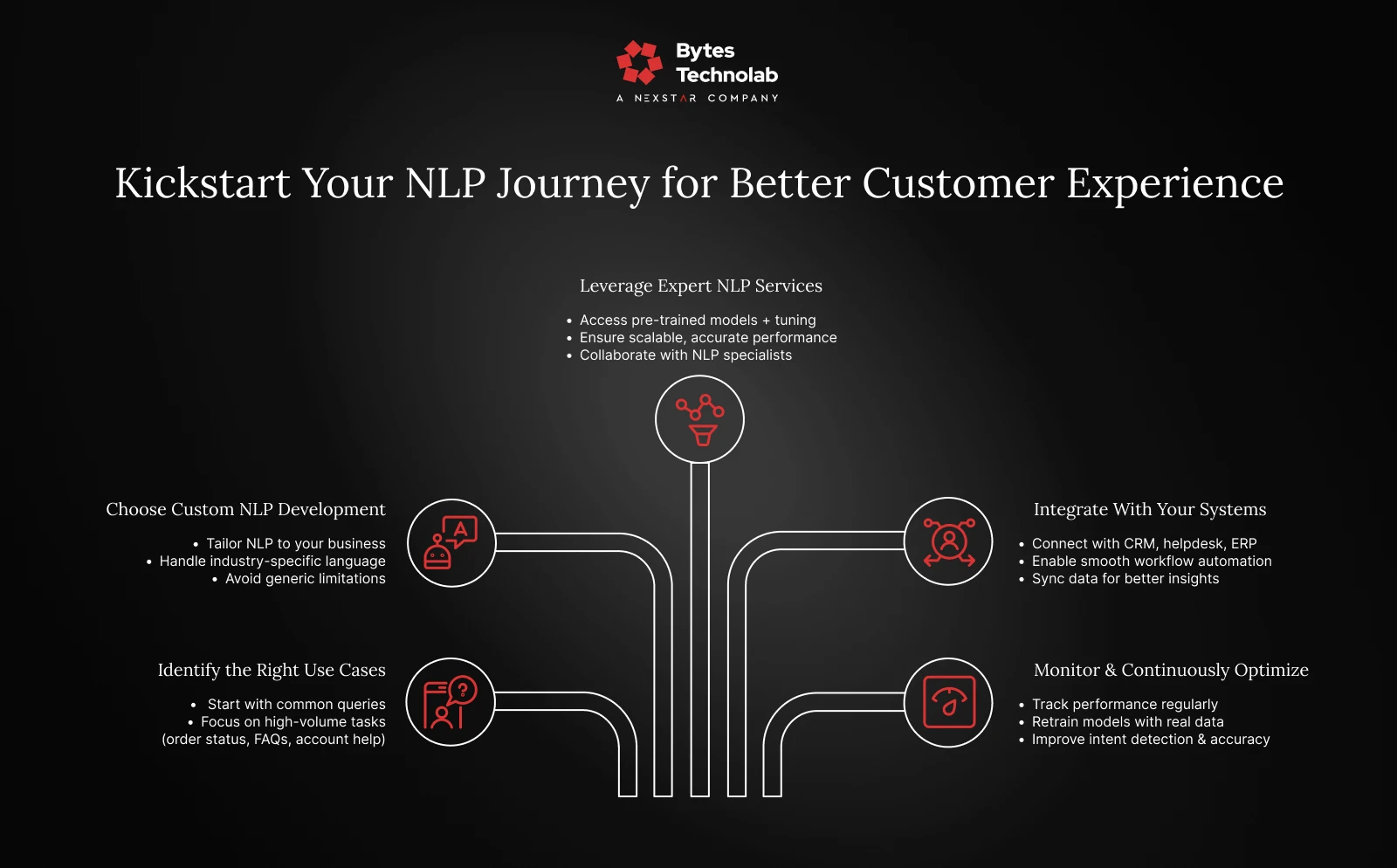 Integrating NLP into your customer support doesn’t have to be overwhelming. Here’s how to begin:
Integrating NLP into your customer support doesn’t have to be overwhelming. Here’s how to begin:
